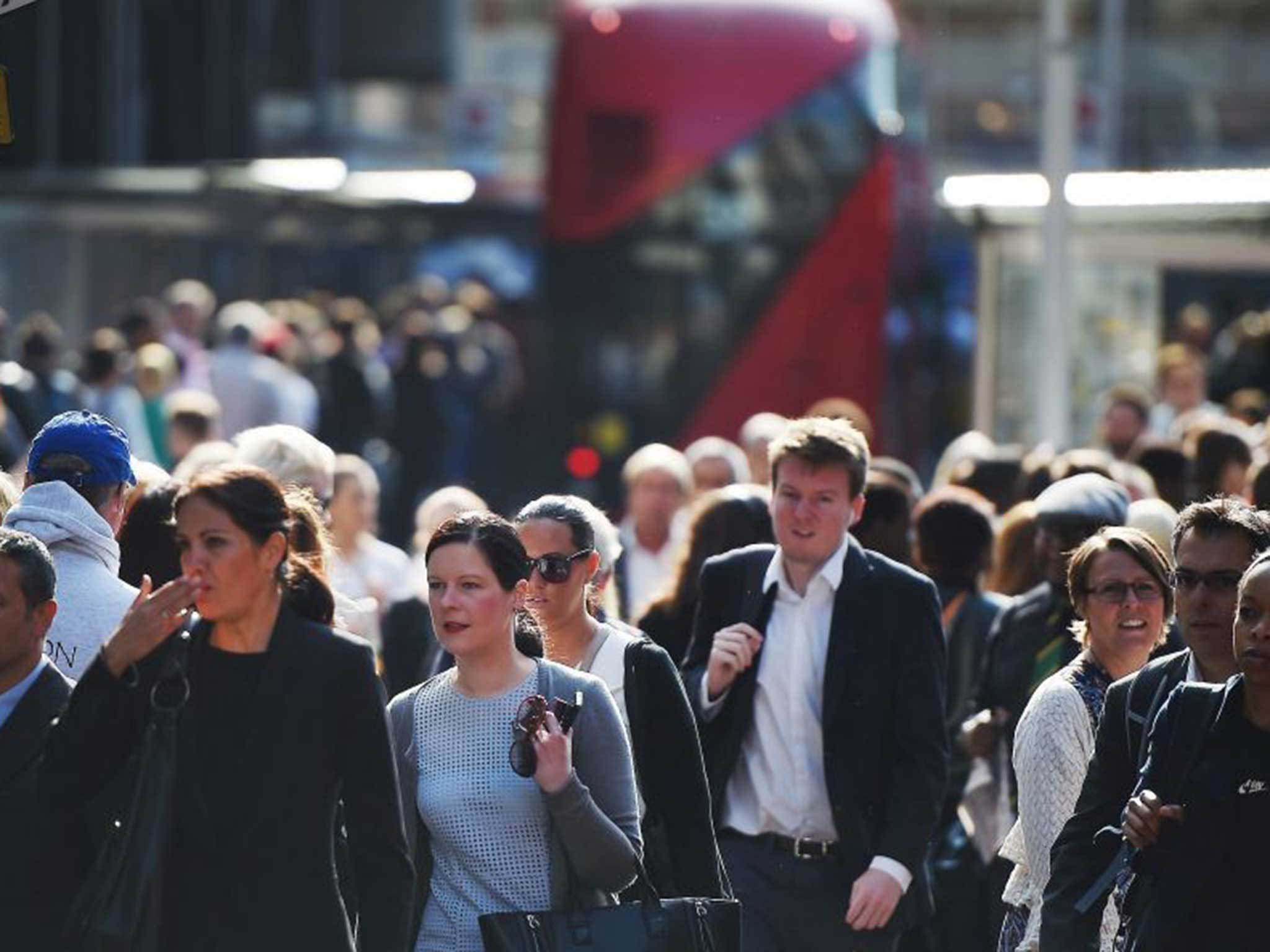Tube strike: Proof no one will actually ‘work from home’ during the Underground walkout
London businesses lose an estimated £300m per day of strikes - but should that figure be revised even higher

Your support helps us to tell the story
From reproductive rights to climate change to Big Tech, The Independent is on the ground when the story is developing. Whether it's investigating the financials of Elon Musk's pro-Trump PAC or producing our latest documentary, 'The A Word', which shines a light on the American women fighting for reproductive rights, we know how important it is to parse out the facts from the messaging.
At such a critical moment in US history, we need reporters on the ground. Your donation allows us to keep sending journalists to speak to both sides of the story.
The Independent is trusted by Americans across the entire political spectrum. And unlike many other quality news outlets, we choose not to lock Americans out of our reporting and analysis with paywalls. We believe quality journalism should be available to everyone, paid for by those who can afford it.
Your support makes all the difference.With London’s transport network poised to go into meltdown following a decision to strike by all the major Tube staff unions, many of those who work in the city will be exercising their right to work from home.
Yet the evidence suggests that many employees won’t be putting in their ordinary hours when left to their own devices at home.
According to Lyst, an online shopping portal, traffic to their website from London-based users increased by almost 128 per cent during the strike in early July.
That’s on top of the estimated £300 million-per-day cost which businesses leaders ascribed to the last strike, mainly due to people being unwilling to travel to entertainment venues and restaurants.
Lyst said there was a marked peak in its traffic at around 3pm – and attributed this to those “working from home” granting themselves a post-lunch break spent browsing on the sofa.
And the data also suggest people spent much of their day with their mind not on work, but on their upcoming summer holidays. Sandals, swimwear, beach accessories and sunglasses all showed marked increases in sales.
Finally, Lyst said there was a big increase in users buying trainers and other casual footwear – perhaps considering the prospect of having to walk to and from work in the future.
Join our commenting forum
Join thought-provoking conversations, follow other Independent readers and see their replies
Comments